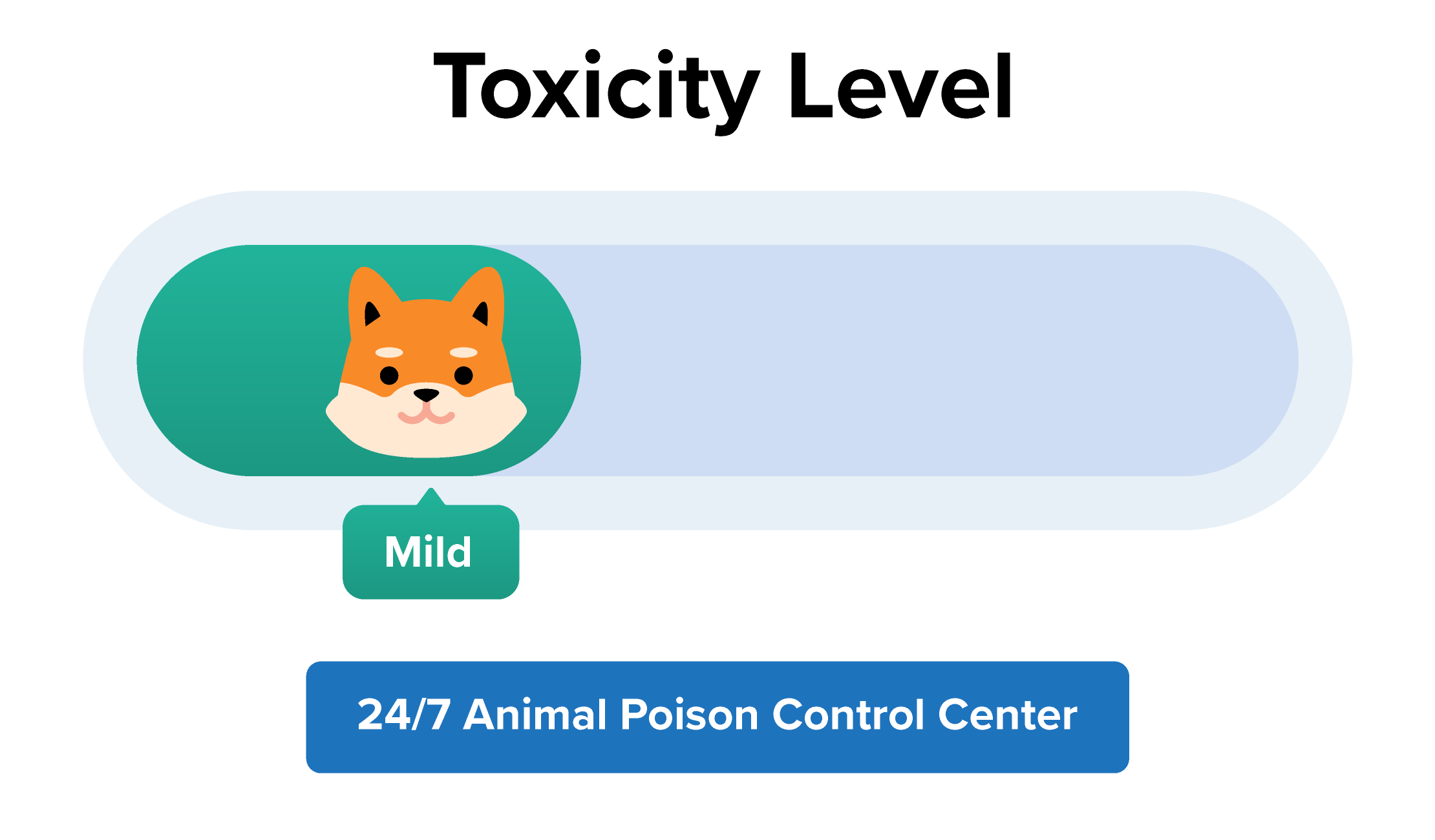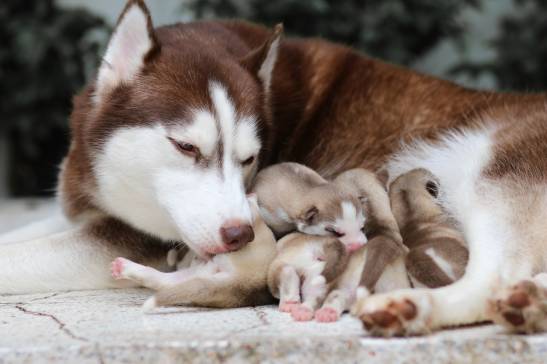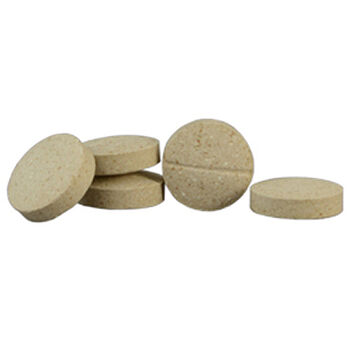Connect with a verified veterinarian in minutes. Licensed vets are available 24/7 to answer your questions. No need to worry about your furry family member.
Creatine has become a popular supplement in recent years. Pet parents may use this substance for various reasons. However, with the growing number of people taking creatine, more dogs may gain access to this substance. But what happens if a dog eats creatine? Can creatine make a dog sick?
Has your dog eaten creatine? Are you worried the creatine will make your dog sick? If so, you’ve come to the right place. We understand it can be scary when your dog eats something like this.
We’ve put together some information about creatine and whether it can make a dog sick. Let’s get started!
What is Creatine?
Creatine is an amino acid that’s found in the brain and muscles. This substance can be naturally found in seafood and red meat. In addition, the liver, pancreas, and kidneys also make up to 1 gram of creatine a day.
The body stores creatine as phosphocreatine in the muscles, which the body burns for energy. It’s also possible to take creatine supplements in pill form.
Athletes use creatine to improve their performance and increase muscle mass. This amino acid is also taken to treat brain disorders, congestive heart failure, neuromuscular conditions, and even to treat aging skin.
Creatine is considered to be a safe supplement for most humans. However, it can be unsafe for people who have kidney disease. But what happens if a dog takes creatine? Can creatine make a dog sick?
Creatine & Dogs
The good news is that creatine is not toxic to dogs. That’s because creatine is also found in a dog’s diet. However, it is possible a dog could ingest too much creatine and have some GI problems.

Review symptoms, medications & behavior to keep your pets healthy with a Vet Online in just minutes.
Ask a Vet Live NowSymptoms of Creatine Ingestion in Dogs
You may notice these symptoms if your dog has eaten too much creatine:
- Diarrhea
- Vomiting
- Lethargy
Diarrhea and vomiting should not last longer than 12-24 hours. If these symptoms last longer than that and/or your dog becomes lethargic, or he can’t keep down water, then it’s time to call the vet. You should also call the vet if your dog has kidney problems. Creatine can make these worse.
The worry here is that if your dog has continuous vomiting and diarrhea, he could become dehydrated. Dehydration can become life-threatening if not treated. So, be sure to call the vet if your dog’s symptoms last longer than 12 to 24 hours or if his symptoms are concerning.
Vets have the medication to stop diarrhea and vomiting. In addition, they can treat a dog’s dehydration through IV fluids.
The good news is that most dogs will make a complete recovery after creatine ingestion!
Connect with a verified veterinarian in minutes. Licensed vets are available 24/7 to answer your questions. No need to worry about your furry family member.

Julie
Julie is a graduate of the University of North Carolina, Wilmington, where she studied Animal science. Though contrary to the opinion of her parents she was meant to study pharmacy, but she was in love with animals especially cats. Julie currently works in an animal research institute (NGO) in California and loves spending quality time with her little cat. She has the passion for making research about animals, how they survive, their way of life among others and publishes it. Julie is also happily married with two kids.
Review symptoms, medications & behavior to keep your pets healthy with a Vet Online in just minutes.
Ask a Vet Live Now





